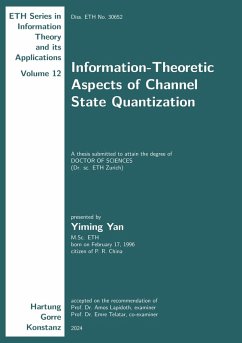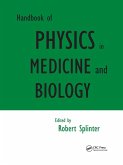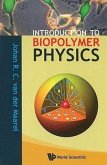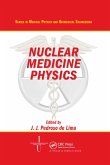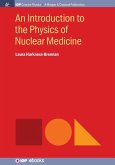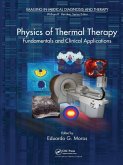This thesis investigates the channels with an altruistic helper, a party that observes the channel noise - or more generally, the channel state - and produces rate-limited quantization to assist the data transmission. Factors to be considered include various notions of capacity, different assistance revelation, and the effect of message cognizance and feedback. The thesis is structured in two primary parts. In the first part, four different notions of capacity are considered on the additive noise channels with a helper: The first notion, referred to as the erasures-only capacity, requires that the decoder must avoid unconscious errors but may declare decoding failures with a small probability. We prove that on the memoryless modulo-additive noise channels (MMANCs), the erasures-only capacity matches the Shannon capacity. This result is generalized to continuous additive noise channels. The second and third notions considered are the listsize capacity and the cutoff rate. The listsize capacity requires that the decoder generate a list containing all the possible messages, and the p-th moment of the cardinality of that list converge to one for given p > 0. The cutoff rate is similar but restricts the list to messages at least as likely as the transmitted one. It is demonstrated that on the MMANCs, the listsize capacity equals the cutoff rate, and the same result is established on the Gaussian channel with decoder assistance. The fourth notion examined is the zero-error capacity, which requires that the message be decoded exactly with zero probability of error. On the MMANCs, both the scenarios with and without feedback are studied. In its presence, a complete solution of said capacity is provided. In its absence, a solution is provided when the alphabet size is prime. For all other cases, upper and lower bounds on the capacity are derived, leading to a necessary and sufficient condition for its positivity. Thanks to the help, the zero-error capacity may increase by more than the help¿s rate,and it can be positive yet smaller than one bit. The second part of the thesis focuses on the effects of message cognizance and feedback: In particular, the capacity of a state-dependent discrete memoryless channel (SD-DMC) is derived for the setting where a message-cognizant rate-limited helper observes the state sequence noncausally and provides its description to both encoder and decoder. ...
Hinweis: Dieser Artikel kann nur an eine deutsche Lieferadresse ausgeliefert werden.
Hinweis: Dieser Artikel kann nur an eine deutsche Lieferadresse ausgeliefert werden.

